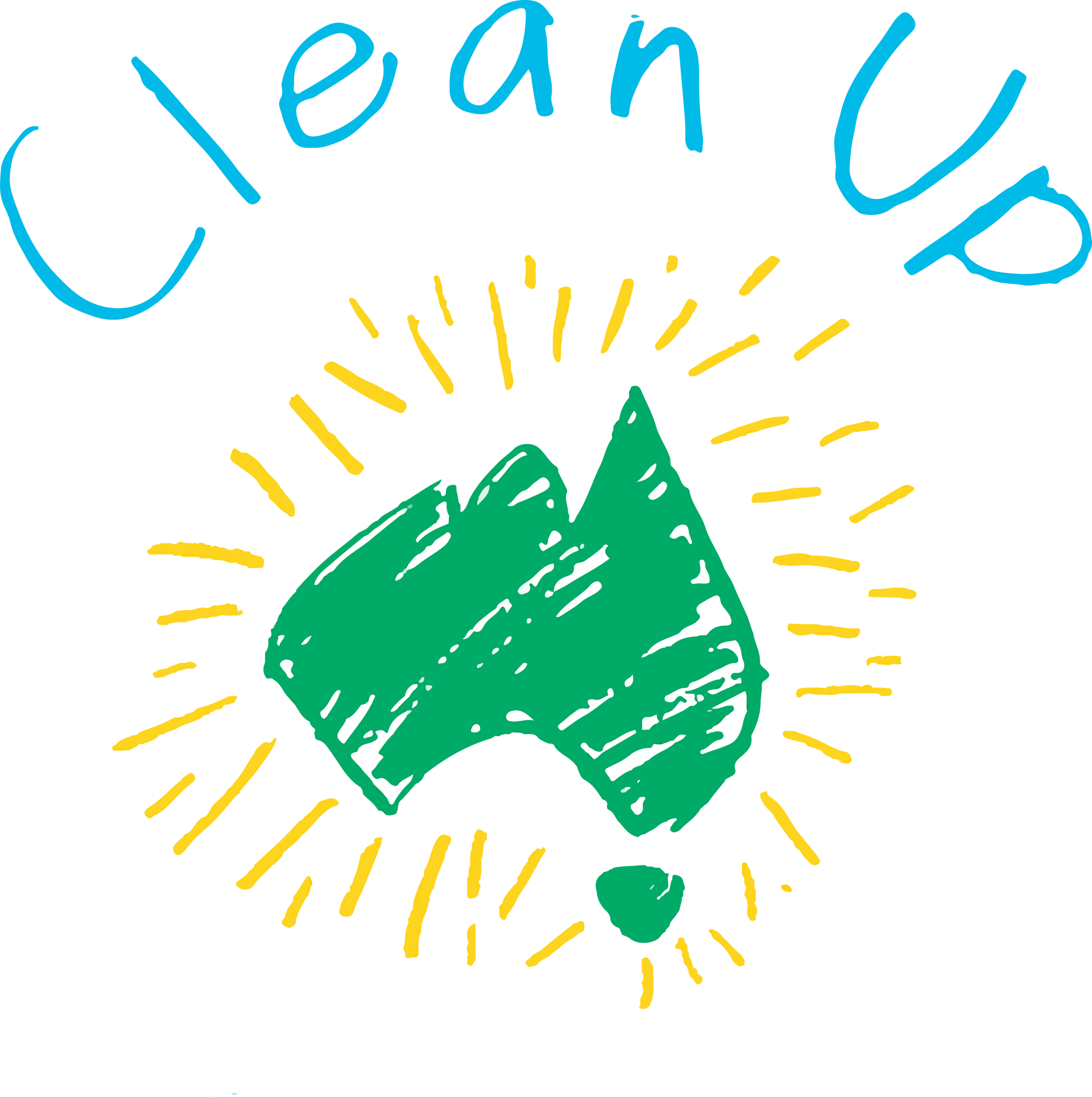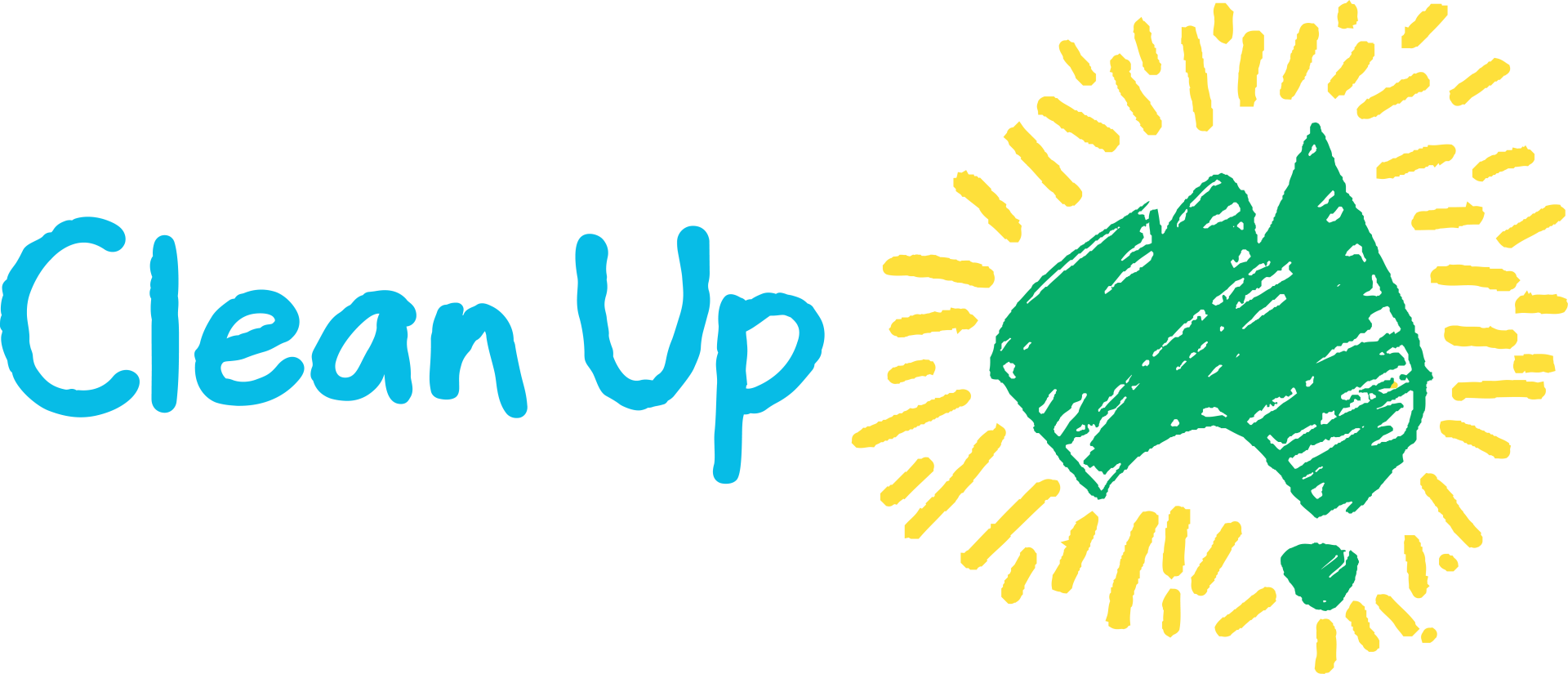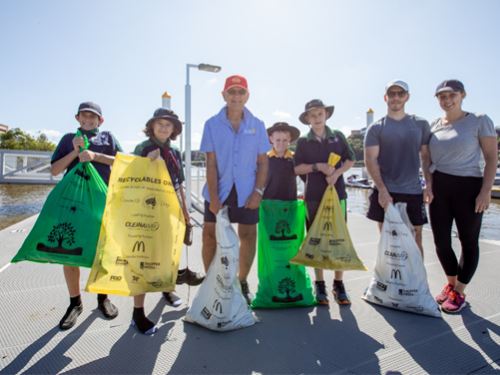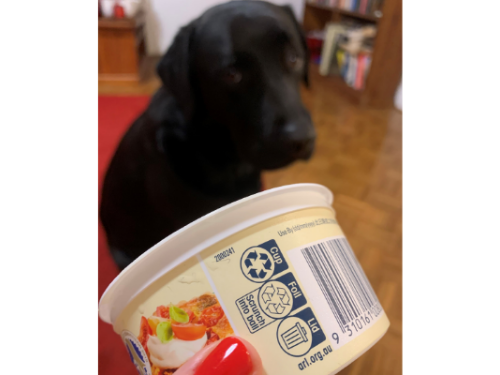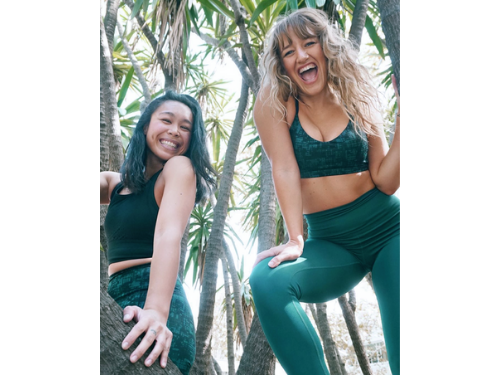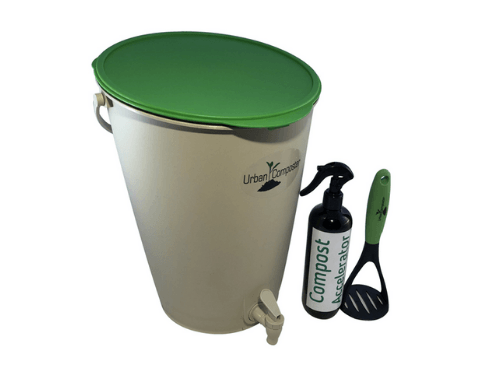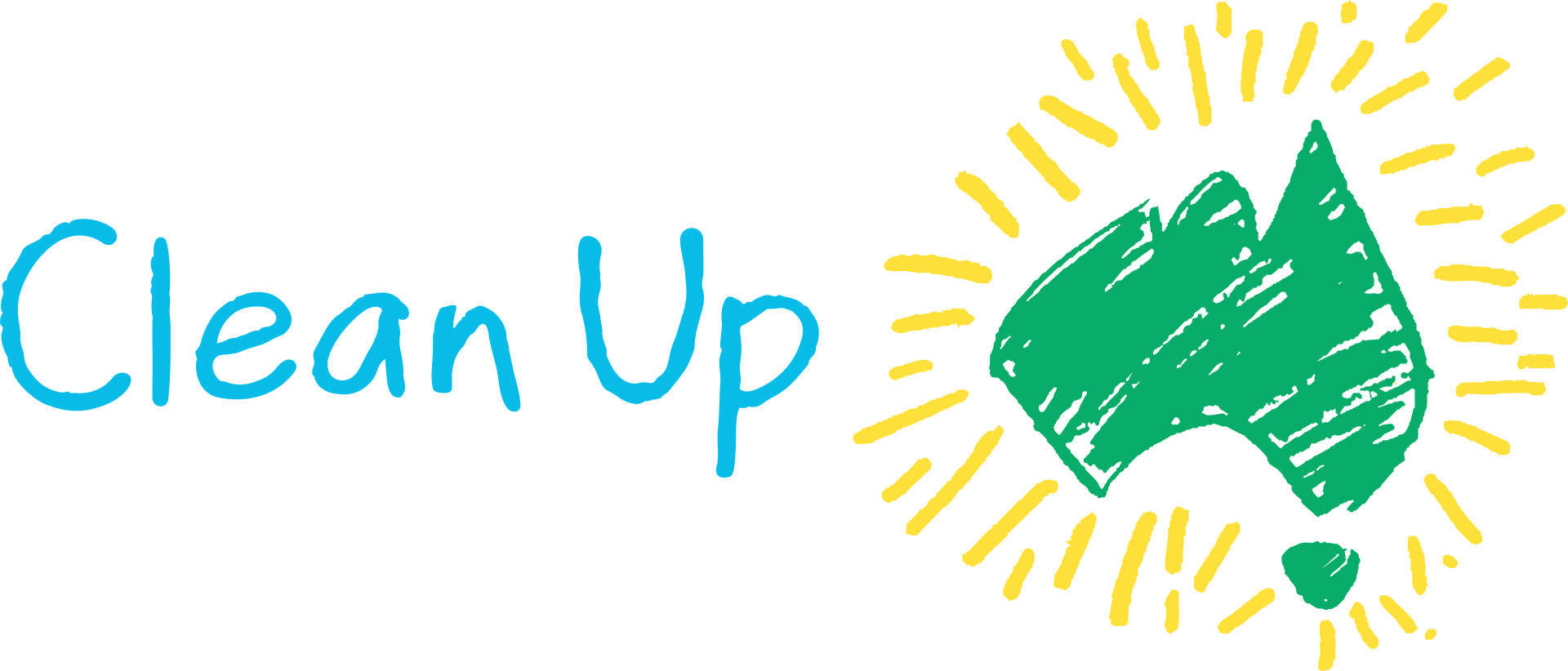Six less-waste New Year’s resolutions for 2021 (and why you should adopt them)
by Alison Hill
For anybody under age 80, 2020 might well have been the toughest year you have ever lived through. We’ve often felt defeated by forces greater than us, and that applies to the health of our planet as well as to the more immediate crises of fires, floods and pandemics.
But each of us can Step Up and make a difference in 2021. Here are six small ways to make a big difference.

1. Sign up for Clean Up Australia Day.
In 2021, it’s on Sunday 7 March. You can go it alone, or join a group of friends, family or community to clean up an area near you. There are endless ways to get involved, you'll get sent a free starter kit that contains bags, gloves and everything you need to create a safe, fun and effective Clean Up, plus there's a stack of free resources to help spead the word and answers to all your questions right here!
Why you should do it: You’ll be helping to keep tonnes of plastic, bottles, cans, cigarette butts and other waste out of our forests and waterways and putting them where they belong. It’s an easy, fun and effective way to make a difference you, your kids, friends, school, busines or community group can see right away. How inspiring is that?
2. Check it before you chuck it.
Often we think we’re doing recycling right, but most of us are still chucking things in the wrong bin. The Australasian Recycling Label was introduced in October 2020 to help you dispose of packaging correctly. The label tells you whether product packaging belongs in the rubbish bin (bin symbol), recycling bin (shaded recycling symbol), or can be conditionally recycled (transparent recycling symbol), provided you follow the instruction, like returning it to the store in the REDcycle program.
Why you should do it:
It’s an evidence-based system that helps to keep contamination out of the recycling stream and recyclable material out of landfill. Packaging is assessed before it can use the label, so you know when you follow the directions your waste is going to the right place (yes, even if that place is the red bin – no more ‘wishcycling’).
3. Buy less stuff.
If you had the average Aussie Christmas, you’re probably up to your neck in leftover food, weird socks and games you’ll never play, as well as fab new kitchen gadgets, the year’s best novels and delicious chocolates. Use this seasonal excess to remind yourself that you probably don’t need more stuff for quite a while.
Why you should do it:
Overconsumption is costing us the Earth. Everything we buy has a cost not just in money but in resources used, carbon emissions, waste in packaging and its eventual disposal. Think about whether you really need that next purchase, or if you could do without it – especially when it comes to fast fashion.
4 Reuse, repair, or buy second-hand and recycled.
Remember your reusable bags when you go shopping, and say no to plastic bags. Keep your reusable coffee cup in the car. Have that washing machine or fridge repaired instead of buying a new one. If it can’t be fixed, look on second-hand sites such as Facebook Marketplace, Gumtree and eBay for used appliances, clothes and homewares. Or join Freecycle and pay nothing. When you do buy something, buy recycled.
Why you should do it: If we all did this for one year, imagine the amount of coffee cups, plastic bags, e-waste and household rubbish would be kept out of landfill. And buying recycled helps to create a demand for the materials they are made of, from cat litter made from recycled paper to activewear made from recycled plastic and other waste. Take a look at our Buy Recycled collections and at these lovely products made from waste.
5. Start composting.
Food waste makes up 35% of the rubbish in the average household’s bin. A lot of that can be turned into compost for your garden – use it for growing your own herbs and veggies. Herbs such as basil, parsley and coriander grow easily in pots (and don’t come wrapped in plastic). If you don’t have room for a compost bin or live in an apartment, try an Urban Composter or a worm farm. And if you have room and a bit of time, keeping chickens is a fantastic way to use food scraps and get the best eggs from happy hens. But check the regulations in your area first – generally, you can’t have roosters and the maximum number allowed is 10.
Why you should do it: Food waste contributes 5 million tonnes of waste to landfill each year and globally
8% of greenhouse gases come from food waste. Composting is simple and fun, and the difference you make is measurable and immediate. Many councils across Australia run
short composting courses that include a big discount on composting gear.
6. Share your resolutions and spread the waste-less word!
Tell others what you’ve resolved to do in 2021 and why (start by sharing this list or displaying it on your fridge door). There’s plenty more inspiration on our website. Encourage your family and friends to make a change by sharing your personal pledge on social media and tagging @CleanUpAustralia #StepUptoCleanUp.
Why you should do it: We can’t all have a message as strong as David Attenborough’s, but we can adopt the ‘each one teach one’ technique to spread the word about waste reduction and how each one of us can act to save our planet from being drowned in waste. Explaining why what we consume and throw away matters to a child, or a friend or family member means we spread the message exponentially.
Alison Hill writes features and web copy from the Blue Mountains west of Sydney.
Search for other blog topics:
